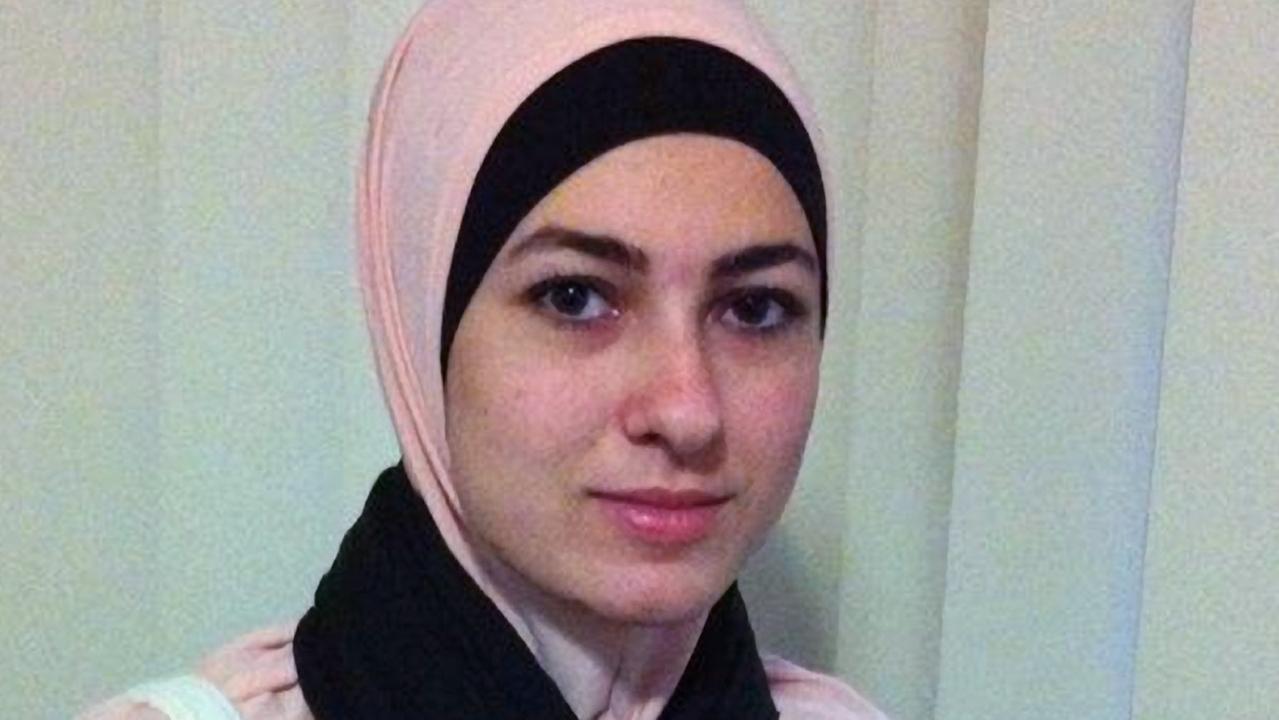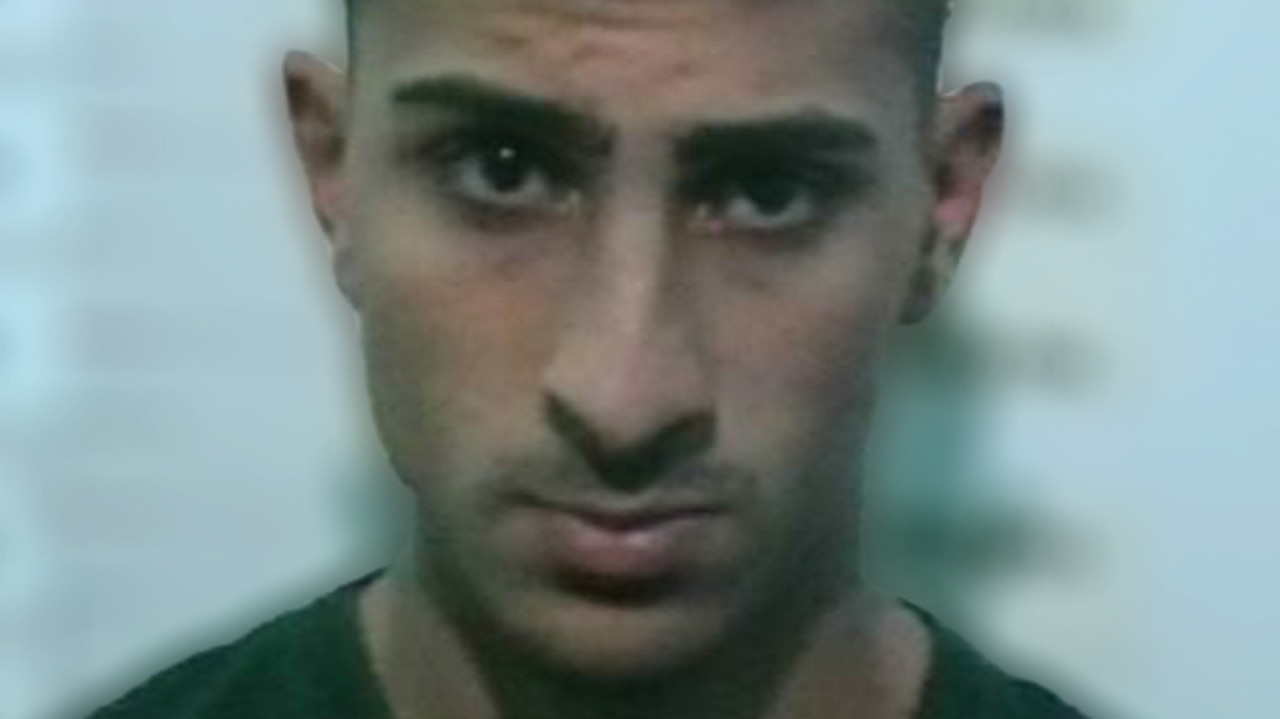New terror unit to probe radicals serving jail time
A new unit set up to investigate radical activity inside the prison system will target up to 100 suspected IS extremists.

A new counter-terrorism unit set up to investigate radical activity inside the prison system will target up to 100 suspected Islamic State extremists, amid fears the next wave of radical violence will come from within the justice system.
NSW Police has established the High Risk Terrorism Offenders Unit, a team of police and Corrective Services officers tasked with investigating radical activity involving the growing number of convicted terrorists and suspected Islamic extremists inside the state’s jails.
The main focus of the unit, which includes 18 police officers, will be on applying a bevy of tough new laws that allow authorities to detain alleged extremists beyond the term of their jail sentences, provided it can be demonstrated their radical leanings pose a threat to public safety.
The NSW Terrorism (High Risk Offenders) Act, passed last year, allows police to apply for “continuing detention orders’’ or “extended supervision orders’’ once offenders are in the community. Similar legislation operates at the commonwealth level and The Australian has been told federal authorities are working to stand up their own scheme.
It is not known whom authorities will target with the new laws but among the likely candidates are: Abdul Nacer Benbrika and Mohamed Ali Elomar, the ringleaders of the 2004 Pendennis conspiracy to attack targets in Sydney and Melbourne; Bilal Khazal, the former Qantas baggage handler and longtime al-Qa’ida hardliner who in 2008 was convicted of terrorist offences; and Milad al-Ahmadzai, a Sydney extremist and violent offender.
All four are considered to be unrepentant extremists who remain highly influential within the prison system, and in the case of Benbrika, outside it.
As the High Risk Terrorism Offenders Unit begins operations, the NSW government is also intensifying its effort to combat radicalised juvenile offenders.
NSW Premier Gladys Berejiklian announced yesterday that youth offenders held in the state’s juvenile justice system would be subject to the same stringent conditions that apply to convicted and accused terrorists held in maximum-security adult jails.
In NSW there are almost 40 prisoners either convicted or charged with terrorism offences. Nationally, police have charged 84 people with terrorism offences since September 2014.
It is understood work already has begun on a small number of al Qa’ida-era terrorists locked up following the September 11 attacks and who in coming years will be eligible for parole.
The ballooning population of radicalised inmates in an already overcrowded prison system has created fears that the long-term risk to the community lies not from foreign fighters returning from Syria but from extremist inmates already in the country.
In a measure of the scale of the problem, The Australian has been told the new High Risk Terrorism Offenders Unit is preparing to investigate as many as 100 inmates and will comprise at least 38 police officers by mid-year, in addition to the Corrective Services officers who will also be seconded to the detail. A NSW government spokesman confirmed the unit’s work was under way.
“Under the scheme, continuing detention orders and extended supervision orders can be applied to offenders, similar to sex and violent offenders,’’ the spokesman said. “The legislation can apply to people currently in prison or on parole.’’
The unit’s officers will work alongside the NSW Joint Counter Terrorism Team, which draws investigators from NSW Police, the Australian Federal Police, ASIO and the NSW Crime Commission. The new unit’s detectives will focus on applying the state and federal laws, and building briefs of evidence that can be presented to the Supreme Court as proof a prisoner has dangerous extremist connections.
The new laws apply not just to convicted terrorists, but to any prisoner convicted of an offence whose radical ideology represents a threat to the public.
As an alternative to detaining them, police may apply to have radicalised prisoners subject to extended supervision orders that apply strict reporting conditions and impose onerous conditions, such as wearing an ankle bracelet.
The information will rely heavily on intelligence obtained from within the prison system and information from ASIO about a prisoner’s connections outside of it.
To obtain a continuing detention order, police must satisfy a Supreme Court judge that the prisoner poses an unacceptable risk due to their radical beliefs.
From today, young offenders suspected of being radicalised will have their visitors and communications monitored and be forced to participate in deradicalisation programs. The move is a response to Islamic State’s propaganda campaign targeting young Muslims, which has seen the average age of terrorist offenders drop.
“All of us in recent times have been shocked by the young age in which people are committing horrendous offences against innocent civilians in our community,’’ Ms Berejiklian said.
“Once people are in these detention centres, juvenile or not, they need to be treated with the seriousness of their crimes.’’
Currently there are five youths detained in NSW on terrorism charges.


